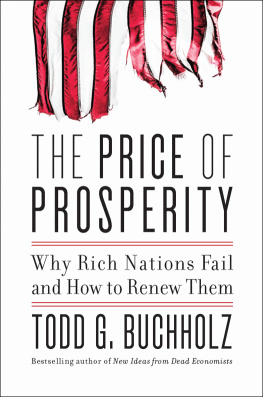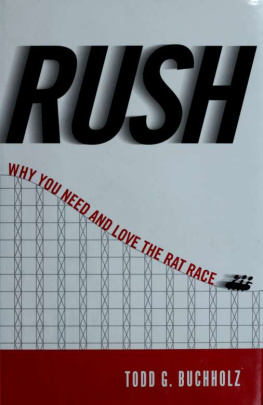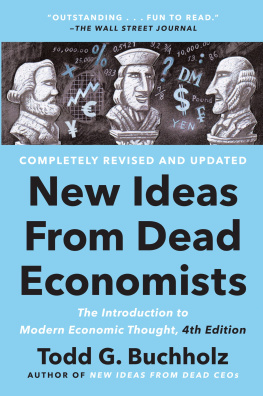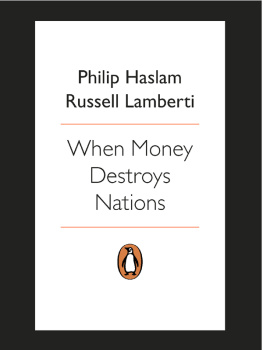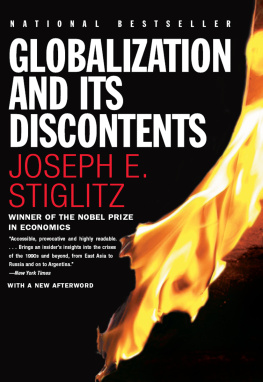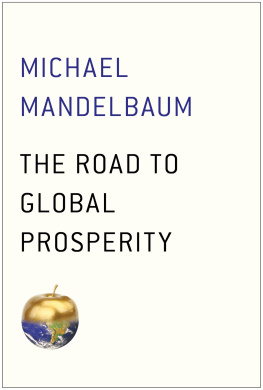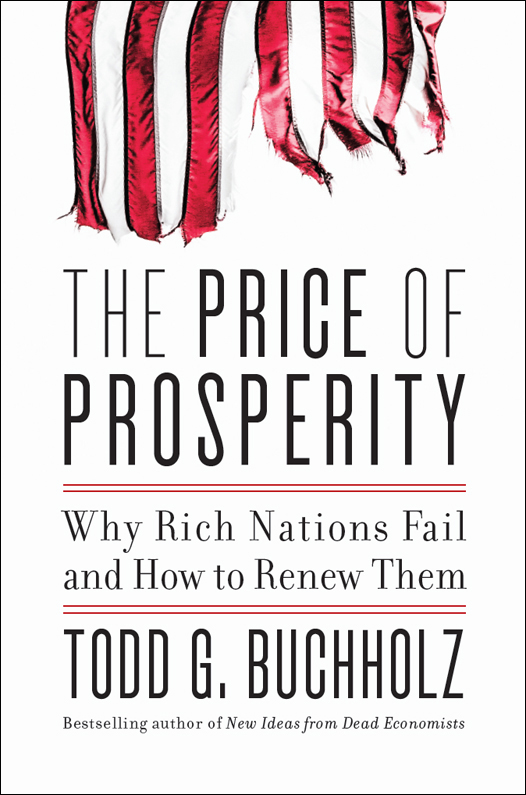A warm summer night on the Jersey Shore
I am a little kid in the backyard, swatting mosquitoes off my legs and waiting for Dad to flip a burger onto my paper plate. A neighbor barks to my dad, If Nixon wins, Im moving to Canada. Several years later, a different guy in our backyard threatens, If Carter wins, Im going to Canada. Four summers pass. This time a college dean asks, You dont think its possible that Ronald Reagan could ever, ever become president, do you? Im looking at Canada.
I figure by now Canada must be a pretty crowded place. But its not.
These neighbors were just bluffing, pumped up on mai tais, whisky sours, Rheingold beer, and whatever else people drank in the Mad Men and the disco days. The wives were teachers and nurses. Most of the husbands had served in World War II, Korea, or Vietnam. They were not going to give up the ship of state. You dont shield your buddy from bullets at Guadalcanal or Pork Chop Hill and then bug out to the Great White North the moment the wrong guy wins the vote in the Electoral College.
I hear the same kind of conversations today. Friends tell me about properties theyve bought in New Zealand and even Panama, just in case. One explained that if she moves to New Zealand, she and her husband can raise their kids like its the Eisenhower 50s, though none of us was alive in the 1950s. Ive heard this kind of bluffing before. I have written this book because for the first time in my life, Im not sure its a bluff. In 2015 over forty-two hundred Americans renounced their citizenship, quadruple the number of a few years earlier, even though the State Department has quintupled the filing fee to $2,350.
Many people have written about poor countries that have fallen apart, for example, Haiti, Syria, Sudan, and Somalia. But it occurred to me that rich countries can fall apart, too. Many have. When was the last time you met an Ottoman or a Habsburg? As I dove deeper into economic history, I realized that in many cases countries were more likely to fall apart after they reached prosperity. As an economist, an entrepreneur, and a student of history, I have advised government leaders on policy and counseled billionaire hedge fund managers on the latest twists in financial markets. But one cannot understand financial twists or government policy choices without grappling with the past. After all, todays world economy is not simply made up of everything going on at this precise momentits also made up of everything that has ever taken place before. In an earlier book on the history of economics, I wrote about three intellectual giants who opined on the problem of growth: Karl Marx, John Maynard Keynes, and Joseph Schumpeter. Marx wrote screeds, pamphlets, and a thick tome on the inherent contradictions of capitalism. He got much of it wrong and could not grasp, for example, the value of entrepreneurs or of intellectual property, or the rising standard of living that capitalism would bring to downtrodden proletarians, who now own smartphones, flatscreen TVs, and two-car garages. In the twentieth century archrivals Keynes and Schumpeter took the opposite tack. Keynes forecast that the economy would grow so abundant that by 2030 his grandchildren would be bored, bathed in luxury, and barely needing to work. Keynes saw the four-hour workweek eighty years before the guy who wrote The4-Hour Workweek. Keynes suggested his descendants take up gardening and admire lilies in the field. Sure enough, the parents of many 60s radicals belonged to tony country clubs and today the Occupy Movement is more popular within Oxford University than among field hands near Oxford, Mississippi.
But as I plunged deeper into economic history, I became dissatisfied with all three of these scholars. Marx thought capitalisms contradictions would immiserate the majority. He was wrong. Keynes and Schumpeter surmised that capitalisms success would bore its beneficiaries and drive them either batty or to pick up brickbats and hurl them in protest. Their conclusions sound more like the musings of college dons cradling cognac snifters and less like rigorous analysis.
In this book I search for the forces that threaten to unravel wealthy countries. To do so, I will explore the economics and history but also the political and cultural dynamics of other countries. Sometimes a musical note will carry more weight than a statistic. Ill explain how Cio-Cio-Sans high B flat in the second act of Madame Butterfly tells us more about the Meiji Revolution in Japan than any data point on the value of imports.
I was luckyor not so luckyto have a front-row seat at some of the key economic and financial crises in recent years, at the White House, on Wall Street, in corporate boardrooms, and in the halls of academia. In these positions, Ive traveled the world, seeking out ideas and trying to understand the forces that shape nations. Ive lectured on the beaches of Abu Dhabi, only to be interrupted by fireworks and the arrival of the emir; and in remote Kalgoorlie, Australia, where corrugated metal brothels have beckoned miners since the gold rush of 1893. In Anchorage, Alaska, a spooky hotelier interrogated me about UFOs in Area 51 (since I worked in the White House and had taught at Harvard, he figured I was in on the conspiracy). Ive been screamed at by a White House chief of staff and the governor of Idaho thanked me by handing me a thirty-pound box of raw potatoes. I hope to share with you what Ive learned and to do so with suitable humility.
This book is ambitious and possibly quite foolish. On the other hand, it might just explain why those blustery neighbors who once threatened to renounce their citizenship and skip across borders might actually mean it this time. And it might show us what we can do to preserve and renew a nation.
In Casablanca, Major Heinrich Strasser invites Rick to sit down and join him for a drink at the Caf Americain.
What is your nationality? the Nazi commander asks.
Im a drunkard.
That makes Rick a citizen of the world, the French captain Renault jokes.
The witty, sardonic lines fit the scene: a war-riven city in 1941 and a mass of desperate refugees figuring out how to fake their way to freedom. Rick was, of course, an American, but he was either too tipsy or too shrewd to cough up an honest answer to the Nazi. Who could blame him? But what about us today, who live in relative peacetime and prosperity? Do we feel a great emotional tug for our country? Many Americans seem to feel a greater emotional attachment to other things. If asked, What are you? their hearts might answer, Im an iPhone guy. Or Im a fantasy football fanatic. Or Im gluten free. And proud. If an airplane skidded on the runway and passengers had to evacuate quickly, how many would first save their iPhone, their football picks, or their tasty gluten-free muffin instead of an American flag? After a burst of flag-waving following 9/11, polls show that patriotism has drifted steadily lower, especially among young people. While 64 percent of senior citizens say they are extremely proud to be an American, only 43 percent of young adults agree, and nearly half of Millennials say the American dream is dead. Other wealthy countries face the same trends.
Rick Blaine was a citizen of the world because he was a drunkard. But in a globalized economy, even sober types are citizens of the world. Bono of U2, who claims great pride in his Irish heritage and still speaks with a brogue, skipped out of Dublin so that his band could reincorporate in the Netherlands and pay lower taxes on their music royalties. Roger Moore007 himselfhas mostly lived in a Swiss chalet or in tony Monaco. And the guy who funded Facebook, Eduardo Saverin, hopscotched from Brazil to Harvard to Silicon Valley to Singapore after renouncing his US citizenship in 2012. Not only drunkards and superstar musicians and actors, but just about anyone who works in international sales or computer software development might naturally feel more anchored to ephemeral cyberspace than to some cobblestoned Main Street with flags flying from the lamp poles and local merchants scrambling to compete against Amazon.com.

